The selection of the most efficient air cooling device for home use is one of the most important decisions you’ll have to make in order to guarantee convenience along with energy efficiency and the long term benefits. With the advancement of technology and the ever changing requirements to improve energy efficiency as and a wide range of options that are available in 2025, it’s more crucial than ever before to make an informed choice.
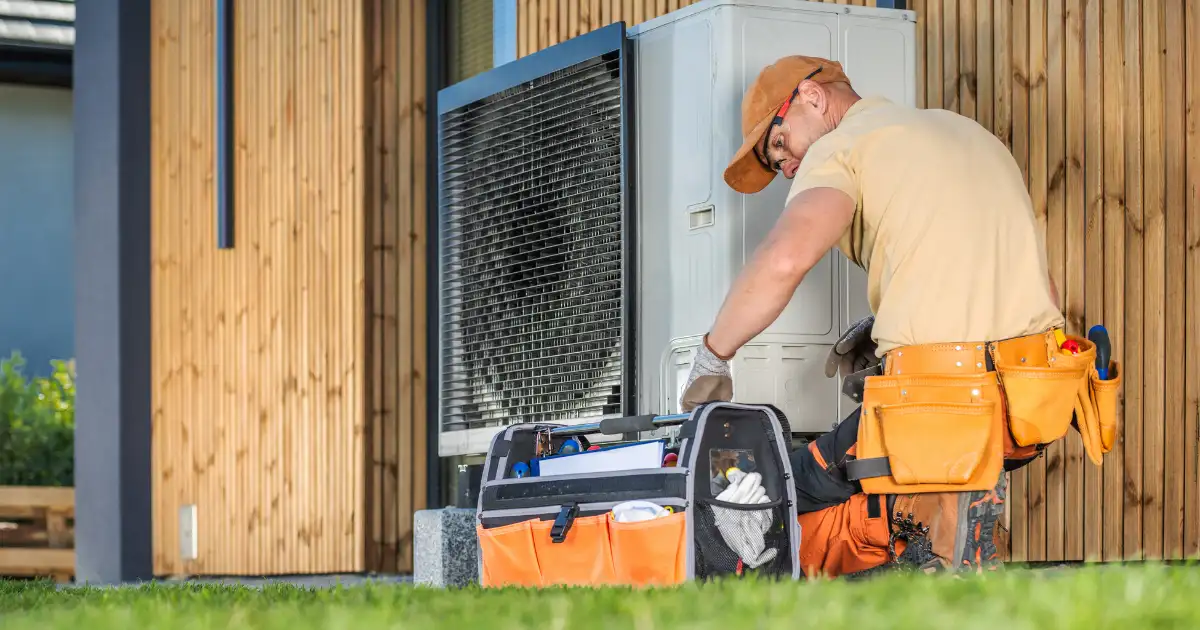
This comprehensive guide will assist you in understanding the various types and varieties that air conditioners come in. They will also explain the cost of these units, as well as other aspects to take into consideration, as well as step-by-step directions to assist you in selecting the right solution to meet the requirements of your specific circumstance.
What Is an HVAC System?
HVAC is a term that refers to heating or HVAC Ventilation. The term is that is used for Heating Ventilation conditioning, and heating. A HVAC system is responsible for making sure that temperatures are comfortable, as also managing humidity and maintaining high quality air quality inside the house. Modern HVAC systems comprise central furnaces mini splits, air cooling, heat pumps, ductless, and many more.
Key Functions:
- Heating helps keep your home warm in the cold winter months.
- Cooling: Helps keep your home cool during summer.
- Ventilation and filtering to improve the indoor Air Quality.
Types of HVAC Systems
1. Central Air Conditioning and Heating
Use ducts to spread warm or cool air around the house. Most of the time, they are comprised from furnaces (gas or oil) electric) as well as central AC.
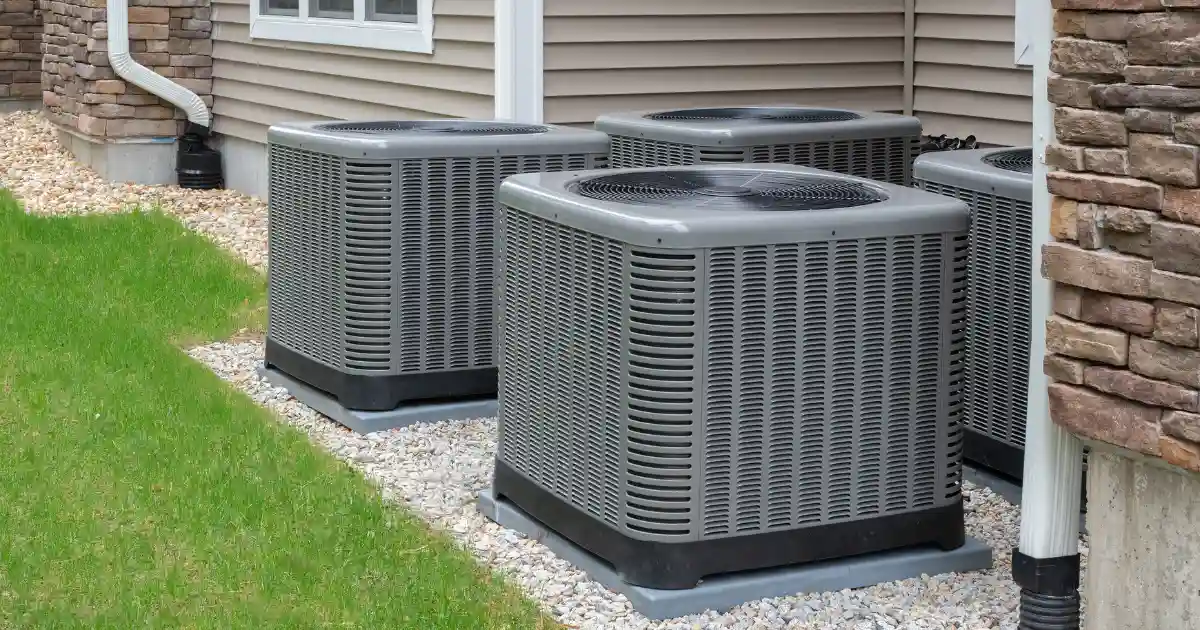
Pros:
- A consistent temperature throughout the home
- It is compatible with smart thermostats.
- Good for larger homes
Cons:
- Requires ductwork
- They could be less performance in homes with leaky vents
2. Ductless Mini Split Systems
Each air handler is placed in any room and connected to a second compressor. There is no ductwork required.
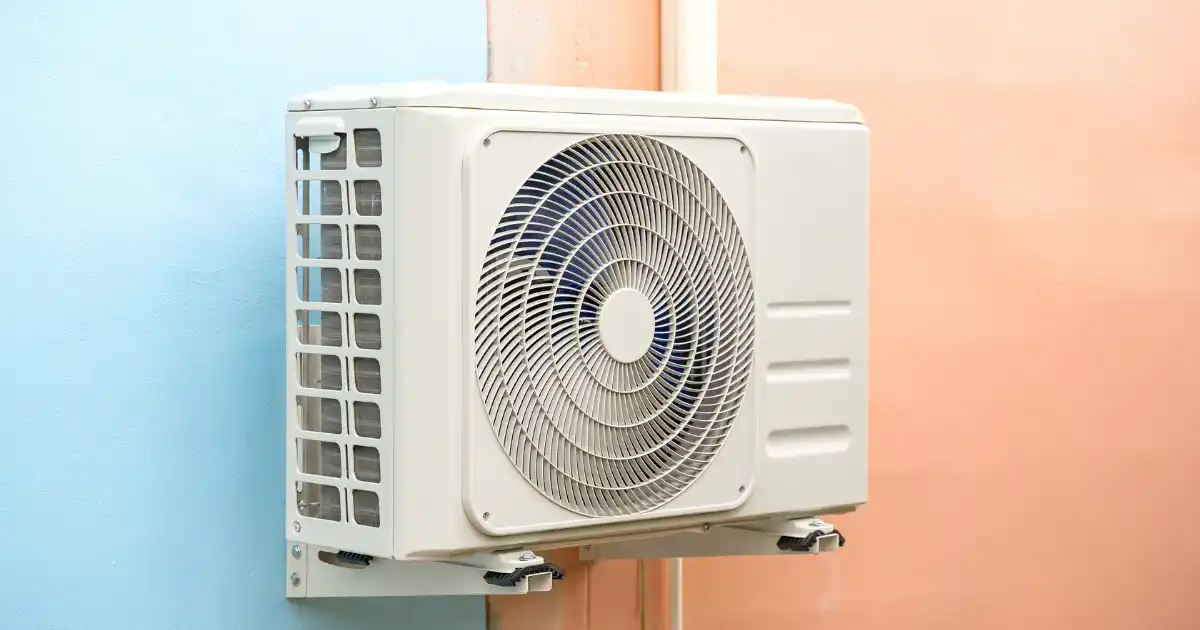
Pros:
- Flexible zoning (different temps in different rooms)
- Energy efficiency and high efficiency utilization
- Installation is simple for homes that do not require air ducts
Cons:
- Rooms that have a higher starting cost
- Indoor units are recognized
3. Heat Pumps
Transfers heat inside the home, and then out to provide heating and cooling. It can be ground source, air source or (geothermal).
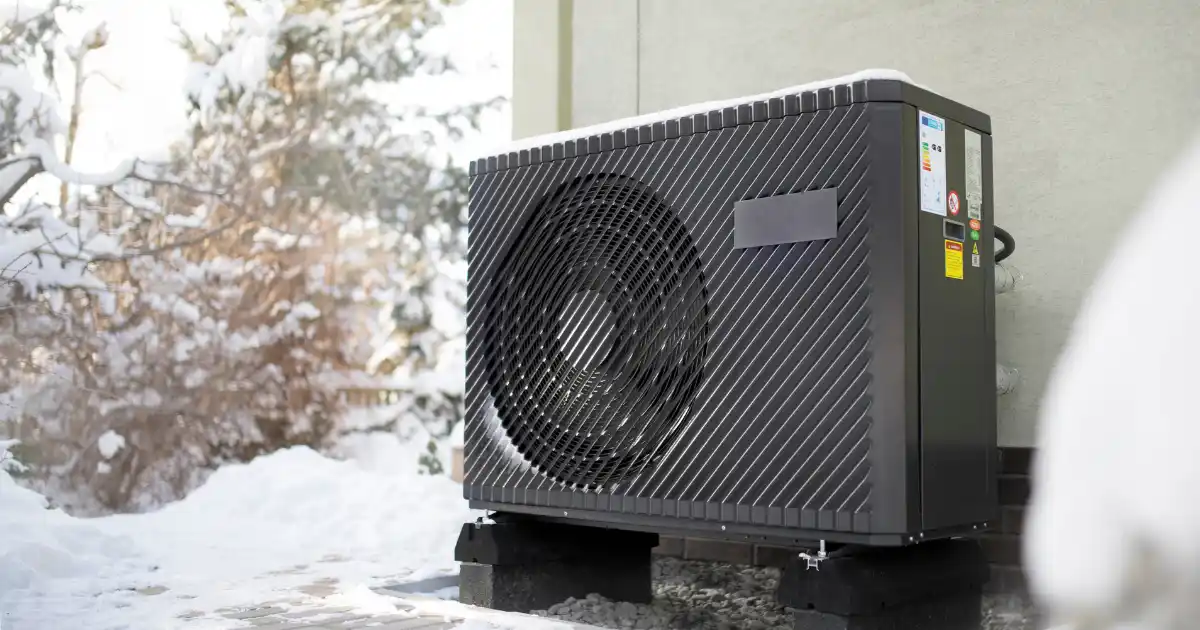
Pros:
- This is energy efficient (especially when it’s in mild weather)
- There is the possibility of fixing both furnaces as well as AC
- Lower operating costs
Cons:
- Not so effective in cold weather (unless when used in conjunction with a backup source of heat)
- The initial cost is higher for geothermal.
4. Geothermal HVAC Systems
Make use of the long lasting temperature of earth’s crust to warm and cool your house with Underground pipe system.
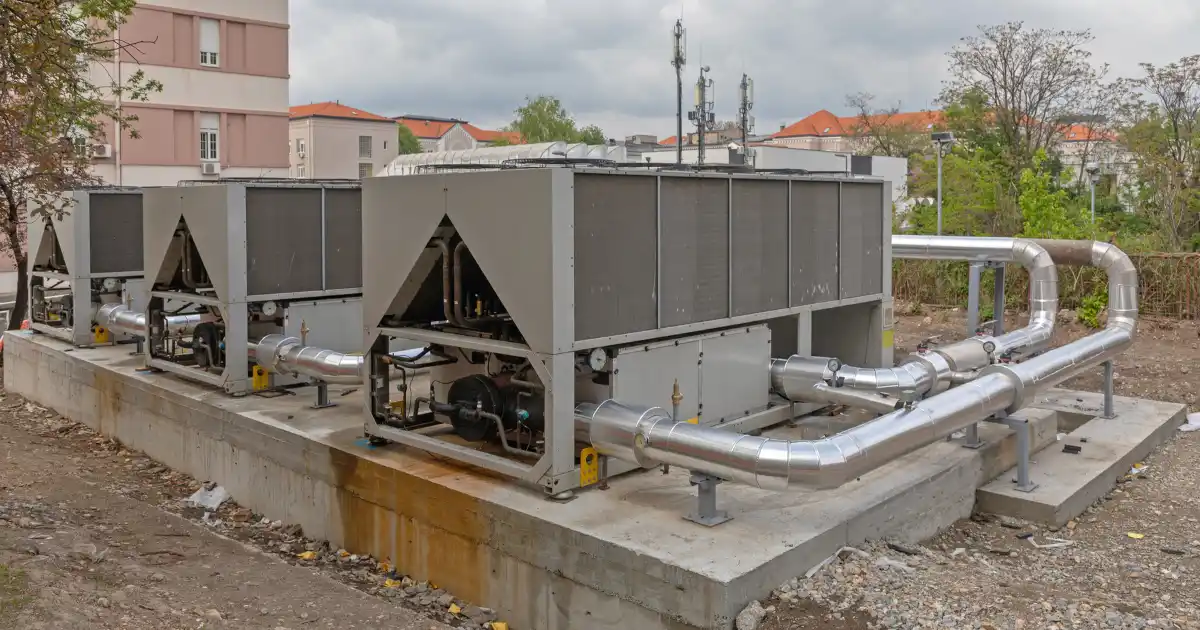
Pros:
- Very efficient in energy use
- The operating costs are low
- Long-term life span
Cons:
- Installation costs are extremely expensive.
- Space in the yard is required to allow for ground loops
5. Hybrid Systems
Combining a source of heat and a conventional furnace to achieve the best efficiency throughout the year.
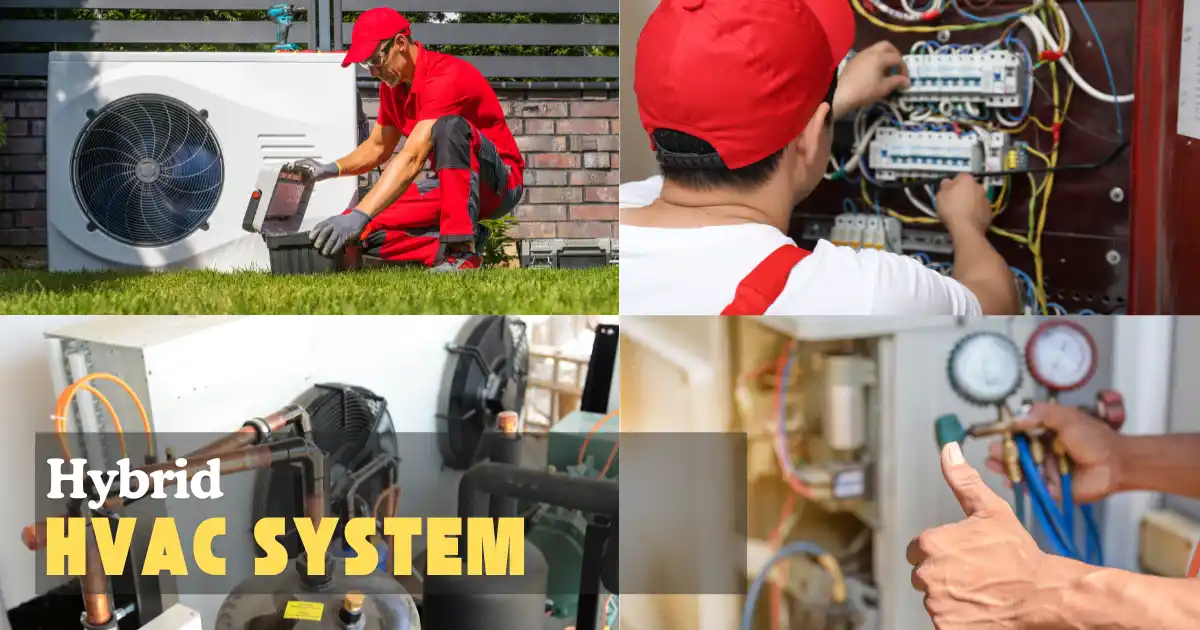
Pros:
- The efficiency of energy is maximized by the temperature
- Lower energy bills
Cons:
- More complex system
- A higher cost in the beginning
6. Window and Portable Units
Self contained units used to chill (and sometimes, heat) different rooms.
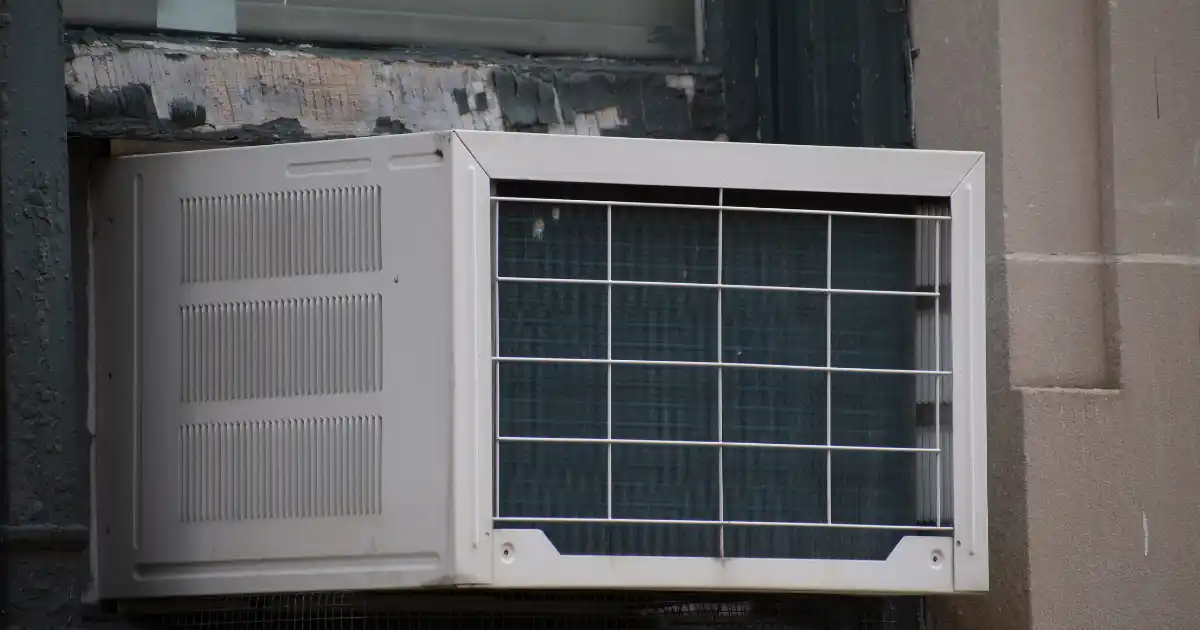
Pros:
- Beginning costs are low.
- Installation is simple and straightforward to complete
Cons:
- The room can only be cooled by one
- The efficiency of energy use is lower
- is not recommended to be used in the home.
Cost of HVAC Systems by Type
| System Type | Average Installed Cost (2025) |
| Central Air + Furnace | $7,000 – $15,000 |
| Ductless Mini Split | $3,000 – $10,000 (per home) |
| Heat Pump (Air Source) | $5,000 – $12,000 |
| Geothermal Heat Pump | $15,000 – $35,000 |
| Hybrid System | $8,000 – $18,000 |
| Window/Portable Unit | $300 – $1,200 (per room) |
Prices differ depending on the size of the rooms and the size of the house and the options offered to the customer.
Cost of HVAC Systems by Home Size
| Home Size (sq ft) | Central Air + Furnace | Ductless Mini-Split | Heat Pump | Geothermal |
| <1,000 | $5,000 – $8,000 | $3,000 – $5,000 | $4,000+ | $12,000+ |
| 1,000-2,000 | $7,000 – $12,000 | $4,000 – $8,000 | $6,000+ | $18,000+ |
| 2,000-3,000 | $10,000 – $15,000 | $6,000 – $10,000 | $8,000+ | $25,000+ |
| 3,000+ | $12,000 – $20,000 | $8,000 – $15,000 | $10,000+ | $30,000+ |
Factors Influencing HVAC System Choice

1. Climate and Region
- If the temperature is high when it gets hot, you can take advantage of effective AC or the heater.
- The colder climates could require the usage of a furnace or hybrid.
- The humid regions benefit from systems that can provide excellent dehumidification.
2. Home Size and Layout
- Rooms with more space need more powerful systems.
- Open floor plans may require zoning or multiple units.
3. Energy Efficiency and SEER Ratings
- A higher SEER (Seasonal Energy Efficiency Ratio) indicates lower energy costs.
- Locate Energy STAR(r) certified systems.
4. Ductwork and Installation
- Existing ductwork can lower installation costs.
- Ductless systems are great for homes that do not have air ducts or for the second.
5. Smart Features and Controls
- Zoning Smart thermostats and smart thermostats as remote controls can improve the efficiency and convenience for your residence.
6. Budget and Financing
- Cost of the initial price in comparison to. the savings accruing over time.
- Rewards Tax Credits or financing, as well as tax credits are available.
7. Maintenance and Longevity
- Some systems need more focus than other systems.
- Systems that rely on ductless or geothermal are usually able to last longer.
Step by Step Guide to Choosing the Right HVAC System
- Assess Your Needs:
- Take into consideration the climate in your home, the dimensions, as well as your personal preferences about the most living conditions.
- Set Your Budget:
- It Includes installation, maintenance as well as energy expenses.
- Research System Types:
- Find out more about central air, geothermal heat pump ductless and hybrid options.
- Check Energy Efficiency:
- Check for SEER ratings that’s excellent as well as energy STAR(r) certification.
- Evaluate Ductwork:
- Look over existing ducts or consider the possibility of ductless.
- Consider Smart Features:
- Choose if you’d like the control of zones as well as remote access and smart thermostats.
- Get Multiple Quotes:
- Minimum three secured HVAC contractors to obtain estimates.
- Ask About Warranties and Maintenance:
- Check out the coverage offered for parts, labor and other types of services.
- Check Rebates and Incentives:
- Search for local, state or federal government programmes that can reduce costs.
- Make Your Decision:
- Select the option which best suits your requirements and your budget as well as ambitions for the future.
Common Mistakes to Avoid
- It is not the right size for you to select Systems with sizes that are large or small can draw energy and reduce your overall satisfaction.
- Be conscious of any leaks in your the ductwork. Also, improperly designed ducts could affect the effectiveness that your residence enjoys.
- Don’t solely concentrate on cost: Cheapest isn’t always most efficient. Be aware of the quality and efficacy.
- Maintaining the system regularly helps prolong the life of your system and helps to prevent any issues.
- Do not verify the qualifications of contractors. Always hire contractors that are insured and licensed.
- Remember how excellent the air quality is. Think about filtering, regulating humidity and the control of the airflow.
Conclusion
The choice of a high quality HVAC and air conditioner for your home by 2025 is an important investment in comfort, efficiency and the possibility of longer term savings. If you’re aware of your options by the process of comparing prices and collaborating with trusted experts and reputable professionals are able to choose the most effective system that meets your needs.
Don’t rush into a decision. Make sure you do the research you need to do and ensure you have questions. Consider the future. Your savings account and the peace of your soul will surely be awed by it.
FAQs
How do I determine the amount of HVAC system I’ll need?
A reputable contractor will offer a load estimate based on your home’s size, layout, and insulation.
What is SEER and what is its significance?
SEER (Seasonal Energy Efficiency Ratio) measures the efficiency of your cooling system. A higher SEER means less energy use and lower utility bills.
How long does a typical HVAC system last?
Standard systems last 10 to 20 years, but ductless and geothermal systems can last longer with proper maintenance.
Is a smart thermostat truly worth the cost?
Yes! Smart thermostats help reduce energy use and enhance comfort by learning your habits and preferences.
Can I install an HVAC system on my own?
This is not recommended. Professional installation ensures safety, efficiency, and protects your warranty.
What kind of maintenance will I need to keep my HVAC system in good shape?
Clean or replace filters regularly, schedule annual tune-ups, and keep outdoor units clear of obstructions.
Are there incentives or rebates for new heating and cooling equipment?
Many states and utilities offer rebates for high-efficiency equipment. Contact your contractor or check ENERGY STAR® for details.
